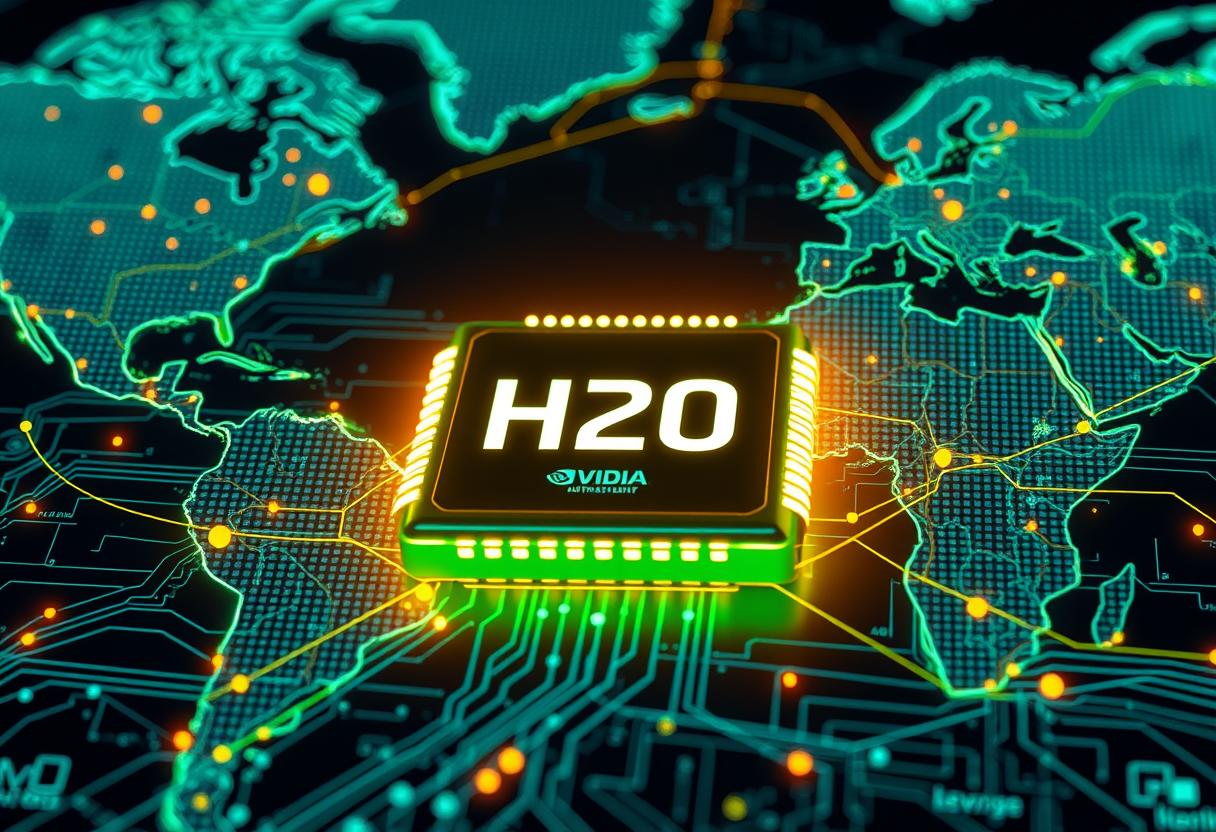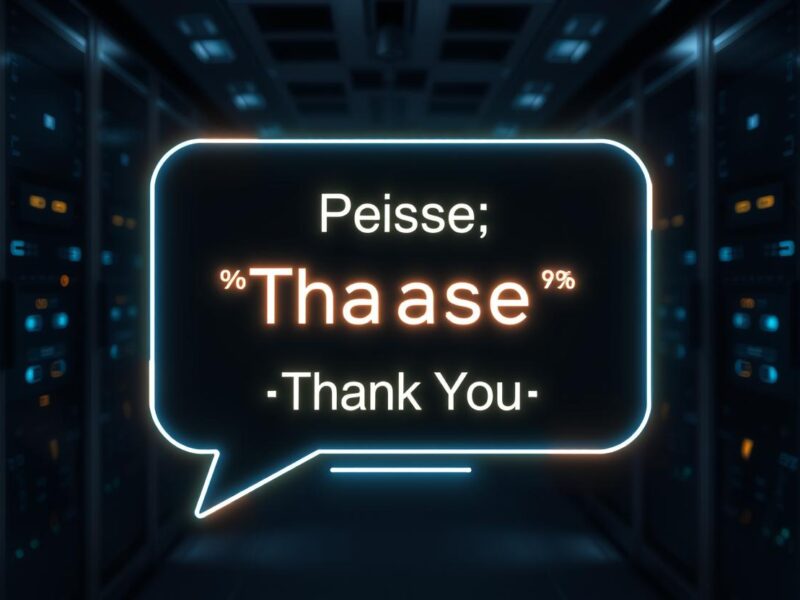In a move that’s got the tech world buzzing 🚀, Nvidia’s Jensen Huang has seemingly navigated the choppy waters of U.S.-China trade tensions with the finesse of a seasoned captain. The H20 AI chips, Nvidia’s crown jewel for the Chinese market, were on the brink of facing export restrictions. But Huang, in a strategic dinner at Mar-a-Lago, pitched a deal too sweet for the Trump administration to pass up: significant investments in U.S. AI data centers in exchange for keeping the H20 off the restricted list.
This development is a big deal 💰 for Nvidia, which has been walking a tightrope between global market expansion and U.S. national security concerns. The H20 chips, while modified to have lower performance than their counterparts, are still a hot commodity in China, powering innovations like DeepSeek’s R1 open AI model. The fact that these chips can continue to flow into China is a testament to Nvidia’s negotiating prowess and the value of its U.S. investment promises.
However, this decision has left some scratching their heads. The Trump administration, known for its ‘America-first’ stance, is keeping Biden-era export restrictions on AI chips to nearly every country outside the U.S., with extra layers for China and Russia. Nvidia has criticized these rules as ‘unprecedented and misguided,’ arguing they could hamper global innovation. Yet, the exemption for H20 chips suggests a nuanced approach to balancing economic interests with national security.
This saga underscores the high-stakes game of AI dominance, where companies like Nvidia, OpenAI, and Microsoft are making billion-dollar bets on U.S. infrastructure to align with political winds. As the AI race heats up, the intersection of technology, policy, and market strategy has never been more complex—or more fascinating.


